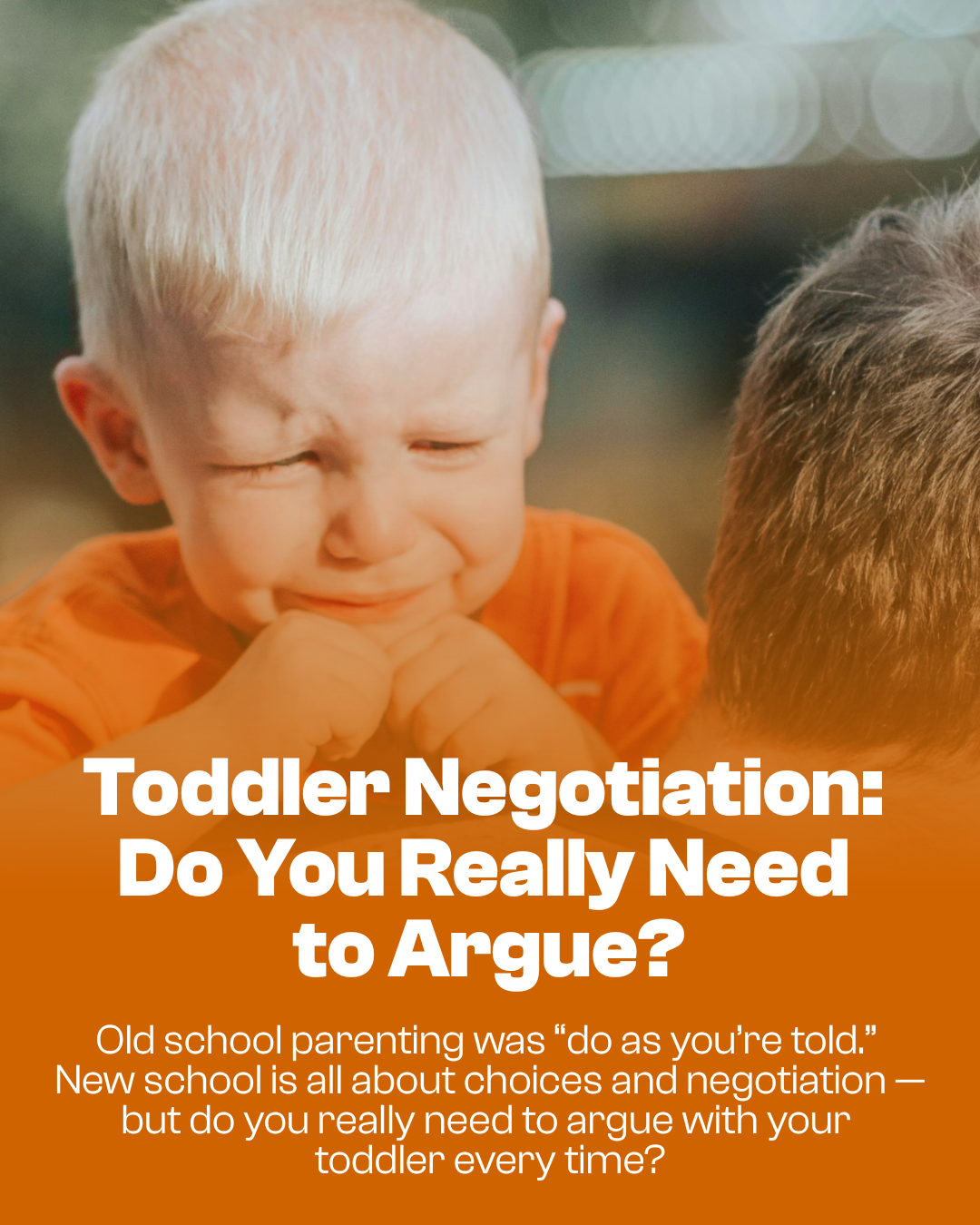


Starting January 11, 2026 at 12:00PM, we’re replacing credits with Makeup Tokens—a simpler, fairer way to make up missed classes.
Read more




As caffeine consumption becomes increasingly normalized even in younger age groups, the risks associated with children consuming caffeine are often overlooked or misunderstood. While adults may benefit from caffeine in moderation, children are far more vulnerable to its effects due to their developing brains and bodies. This article goes beyond the basics to explore the deeper physiological and psychological risks of caffeine for children, supported by scientific research, including insights from renowned neuroscientist Dr. Andrew Huberman.

Caffeine consumption guidelines are based on extensive research into its effects on the body. Here is a breakdown of the recommended daily limits for different age groups:
1. Adults
Recommended Limit: Up to 400 milligrams of caffeine per day. This is roughly equivalent to:
Exceeding this limit can increase the risk of side effects such as anxiety, insomnia, digestive issues, and heart palpitations.
2. Adolescents (Ages 12–18)
Recommended Limit: Less than 100 milligrams of caffeine per day. This is equivalent to:
Adolescents are advised to limit caffeine to avoid disrupting sleep, increasing anxiety, and affecting academic performance.
3. Children (Ages 0–12)
Recommended Limit: 0 milligrams.
The American Academy of Pediatrics (AAP) strongly advises against any caffeine consumption for children under 12. Their developing brains and bodies are particularly vulnerable to caffeine’s stimulant effects, which can cause sleep disturbances, increased heart rate, anxiety, and other health concerns.

One of the most concerning effects of caffeine on children is its impact on the developing brain.
While adults have fully matured brains with established neural pathways, children’s brains are still undergoing significant growth and change, especially in areas like the prefrontal cortex, which is responsible for decision-making, impulse control, and emotional regulation.
1. Disruption of Neural Development
Dr. Andrew Huberman, a neuroscientist and professor at Stanford University, has extensively discussed the effects of caffeine on neural pathways. He explains that caffeine interferes with adenosine, a neurotransmitter that promotes sleepiness and plays a critical role in brain recovery and repair. In children, caffeine’s suppression of this can disrupt the natural sleep-wake cycle, impairing the brain’s ability to perform essential processes like neuroplasticity—the mechanism by which the brain forms and strengthens connections.
Key Insight from Huberman:
"Children’s brains are hyperplastic, meaning they are constantly remodeling themselves in response to experience. Caffeine, by altering sleep patterns and adenosine signaling, can reduce the efficiency of this process, potentially leading to long-term deficits in learning and memory."
2. Impact on Emotional Regulation
Children’s brains are particularly sensitive to stimuli that affect dopamine, the neurotransmitter responsible for reward and pleasure. Caffeine increases dopamine release, which can lead to heightened emotional reactions, mood swings, and even addictive behaviors in young individuals. Over time, this can condition children to seek out stimulants for emotional regulation.
Study Evidence:
A 2019 study published in Frontiers in Behavioral Neuroscience found that caffeine consumption in adolescents increased impulsivity and risk-taking behaviors, likely due to its effects on dopamine pathways.

For children under 12, any amount of caffeine is considered too much. Even small doses can negatively affect their health in the following ways:
For adolescents aged 12–18, exceeding 100 milligrams daily can lead to similar issues, including sleep disturbances, increased heart rate, and mood swings. It’s essential to monitor caffeine sources carefully, as many "hidden" sources like chocolate, sodas, and energy drinks can quickly add up.

Physical Health, Psychological, and Behavioral Risks of Caffeine in Children
1. Cardiovascular Strain
Children’s smaller bodies and developing cardiovascular systems make them more susceptible to the effects of caffeine on heart rate and blood pressure. Even small amounts of caffeine can cause tachycardia (rapid heartbeat) and hypertension (high blood pressure), which may lead to dizziness, fainting, or in extreme cases, cardiac events.
Research Data:
A 2020 study in Pediatrics found that children who consumed as little as 2.5 mg of caffeine per kilogram of body weight (equivalent to a small soda for a 30 kg child) experienced significant increases in both heart rate and blood pressure.

2. Disrupted Sleep and Growth
Sleep is critical for children’s physical development, as growth hormone is primarily released during deep sleep. Caffeine’s long half-life (3–7 hours in adults, but potentially much longer in children) means it can linger in the body and disrupt sleep cycles, even if consumed early in the day. Poor sleep quality directly impacts growth, immune function, and cognitive performance.
Supporting Study:
Research from the American Academy of Sleep Medicine shows that caffeine consumption in children is strongly correlated with reduced total sleep time, leading to decreased academic performance and increased behavioral issues.

3. Bone Health Concerns
High caffeine intake has been shown to inhibit calcium absorption, which is critical for developing strong bones during childhood and adolescence. This is especially concerning during peak bone growth periods, as inadequate calcium levels can lead to weaker bones and an increased risk of fractures later in life.
Study Insight:
A 2016 study in Osteoporosis International found that adolescents who consumed more than 100 mg of caffeine daily had lower bone mineral density compared to their peers.

4. Increased Anxiety and Stress
Caffeine stimulates the release of cortisol, the body’s primary stress hormone. For children, this heightened cortisol response can lead to increased anxiety, restlessness, and even panic attacks. Children who are already prone to anxiety disorders may experience exacerbated symptoms after consuming caffeine.
Research Evidence:
A study published in Journal of Anxiety Disorders in 2018 found that children with higher caffeine intake reported significantly higher levels of anxiety and restlessness compared to those who consumed no caffeine.

5. Risk of Addiction
Dr. Huberman has emphasized the addictive potential of caffeine, particularly in young individuals. The dopamine boost provided by caffeine can create a reward feedback loop, leading to dependency. Over time, children may require increasing amounts of caffeine to achieve the same effects, leading to withdrawal symptoms like headaches, fatigue, and irritability if caffeine is suddenly removed.
Huberman’s Note on Addiction:
"Early exposure to stimulants like caffeine primes the brain for addictive behaviors. This is especially concerning in children, whose reward systems are more malleable and susceptible to external influences."

Insights from Global and Hong Kong-Specific Studies
Hong Kong’s culture of tea and coffee consumption has led to growing concern about caffeine intake among children. Popular drinks like milk tea (港式奶茶) and lemon tea (檸檬茶) are often sweet and appealing to children but contain significant amounts of caffeine.
A 2021 survey by the Hong Kong Consumer Council revealed that some milk tea brands contain upwards of 150 mg of caffeine per serving, far exceeding the daily recommended limit for adolescents (100 mg).
The World Health Organization (WHO) has noted a significant rise in global caffeine consumption among teenagers, fueled by the popularity of energy drinks. The WHO has called for stricter regulations on marketing caffeinated products to children.

Practical Steps for Parents in Hong Kong
1. Educate Yourself and Your Child
Understanding the risks of caffeine is the first step. Explain to your child how caffeine affects their body and brain.
2. Avoid Common Caffeinated Drinks
Replace popular drinks like milk tea and lemon tea with caffeine-free alternatives such as:
• Barley Tea (大麥茶)
• Chrysanthemum Tea (菊花茶)
• Freshly Squeezed Juices
3. Limit Chocolate Consumption
Dark chocolate and cocoa-based drinks are common sources of hidden caffeine. Choose white chocolate or low-cocoa milk chocolate as safer options.
4. Promote Hydration
Encourage your child to drink water as their primary beverage. Either dilute juice, or add a slice of lemon or a few mint leaves to water for added flavor without the caffeine.
Caffeine may seem harmless, but its effects on children are profound and far-reaching. From disrupting brain development to causing emotional and physical health issues, caffeine is simply not worth the risk for young, developing bodies. As Dr. Andrew Huberman emphasizes, protecting children from stimulants like caffeine is crucial for their long-term health and success.
By educating yourself about hidden caffeine sources and providing healthier alternatives, you can ensure your child grows up with strong bones, a well-rested brain, and a healthy relationship with food and beverages. Let’s work together to create a caffeine-free future for our kids.
While caffeine is a common part of many adults’ daily routines, even small amounts can pose serious health risks for young children. This guide explains why children are especially vulnerable to caffeine’s effects, outlines safe intake limits by age group, and helps parents make informed choices to protect their child’s health.




.png)

.png)
